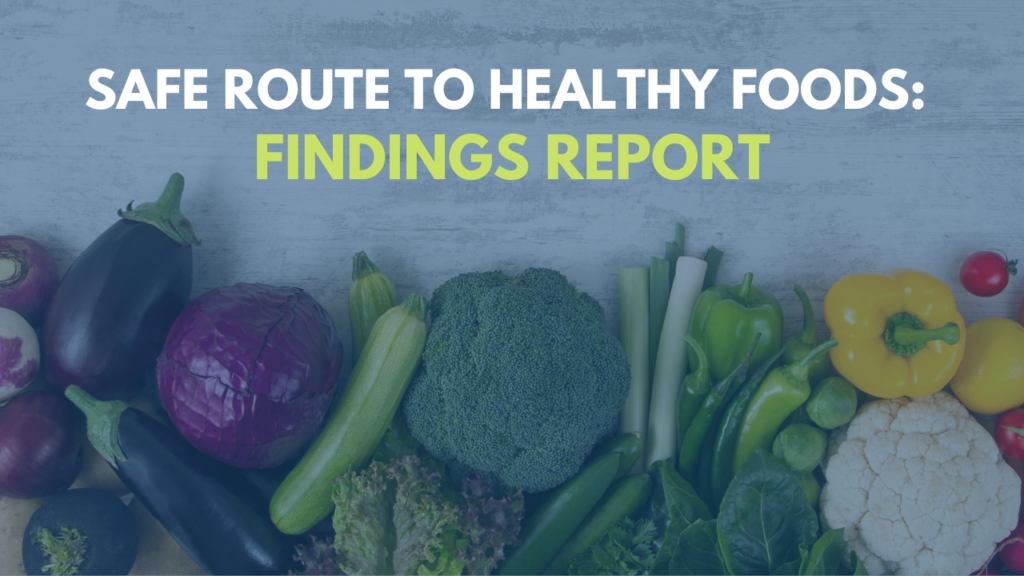Latino Renters in Minnesota
The COVID-19 pandemic has emphasized housing stability as a critical social determinant of health. The quality, safety, affordability, and location of homes directly impact individual and family well-being. An equitable approach to housing stabilization and recovery measures is needed to address the persisting financial hardships and housing insecurity of Latines in Minneapolis. Recommendations include 1) education on renters’ rights to go beyond improved landlord-renter relationships; 2) continued investment in culturally responsive organizations to provide homebuyer education and counseling; 3) promotion of alternative models of homeownership; and 4) new outreach approaches to disseminate information on housing programs.
Latino Renters in Minnesota Read More »


